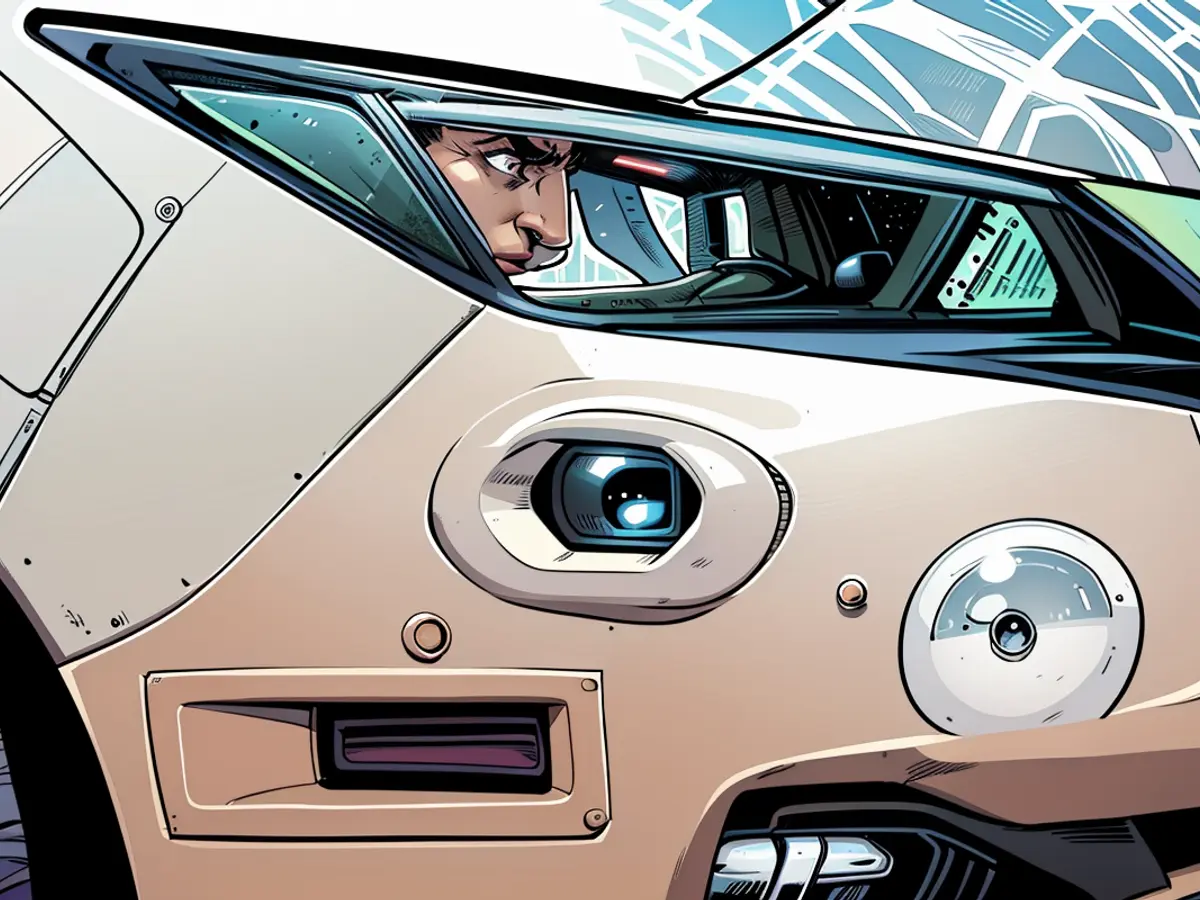Round birthday - 70 years of the "penny grave": there were angry protests at the introduction of the parking meter
"One hour, one penny" - this was the motto under which the first parking meters in Germany were installed in Duisburg on January 4, 1954. The parking meter with coin slot, rotary lever and parking time display on a sturdy metal bar was invented by US lawyer and publisher Carlton Magee in the 1930s. Duisburg wanted to limit parking times with 20 parking meters, each costing 400 marks, in order to deal with the shortage of parking spaces in the city centre that was already prevalent at the time.
Around 22,000 vehicles were registered in Duisburg at the time. According to city figures, 70 years later there are more than 300,000. In addition, there are more than 106,000 working people who, according to the State Statistical Office, drive to Duisburg from outside the city every day - 70 percent of them by car, according to an NRW-wide microcensus from 2020.
"They have to put the penny in the slot of the machine and a sign with a white P on a blue background immediately appears under a glass pane. A clockwork mechanism turns the disk after minutes ..." - This was how the Duisburg press presented the innovation in the 1950s. In the vernacular, the parking meters quickly acquired the name "penny grave".
Even 70 years ago, however, the population was not enthusiastic about the parking fees, especially when the meter ran out and parkers received warnings. "They met with little approval right from the start. There were angry protests, even lawsuits," writes the German Patent and Trade Mark Office about the introduction in Duisburg.
As early as 1954, Fritz Seydaack, then head of Duisburg's transport department, felt compelled to emphasize in the local press that the city did not see the "Parkographs as a source of income".
Parking meters had long since become parking ticket machines
However, the meters on the roadside could hardly keep up with the rapidly growing volume of traffic. According to the city, the last parking meters in Duisburg were dismantled more than 30 years ago and replaced by parking ticket machines. The prices for parking have long been significantly different across the country than in the economic miracle era.
The intention is clear: the few parking spaces in the city center or in heavily frequented suburbs should not be occupied by long-term parkers, and overall significantly more people should use public transport or come on foot or by bike, says a city spokesperson. This is understandable, but does not make parking fees any more popular.
Today, the city is trying to accommodate parkers, at least technically: Since 2019, drivers have been able to pay via app on their cell phone with various providers under the keyword "Smart Parking". No more tiresome searches for small change for the machine, no more puzzling over instructions that are written far too small or annoyance over faulty machines.
According to the report, more than 310 cities and municipalities already offer digital payment systems for their parking fees. In several municipalities, more than half of the payment volume is already made via "cell phone parking", meaning that the cell phone is the number one means of payment there, says the spokesperson for the "Smart Parking" initiative.
The old parking meter, which was also occasionally run over in traffic accidents or deliberately damaged by angry drivers, seems like a long-forgotten relic. An original copy of the old "penny tomb" can still be admired today in the Duisburg City Museum.
Read also:
Duisburg, being a city with significant growth in vehicle registration and commuters, initially introduced parking meters in the 1950s as a solution to the parking space shortage. These parking meters, fondly referred to as "penny graves," were met with resistance, resulting in protests and even lawsuits.
Carlton Magee, an American lawyer and publisher, invented the concept of the parking meter in the 1930s. This invention eventually made its way to Duisburg, Germany, where it sparked controversy due to the perceived high cost of parking.
While parking meters were a common sight on Duisburg's streets in the 1950s, they eventually became outdated due to the increasing volume of traffic. As a result, the city replaced the parking meters with parking ticket machines more than 30 years ago.
Source: www.stern.de







